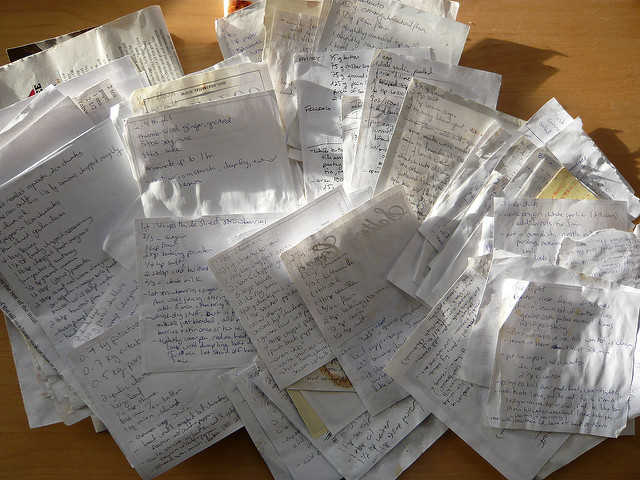Please don’t write a book

People sometimes come to me with a manuscript of their nonfiction book and ask, “Can you help?” Often, this is the most frustrating conversation I ever have.
Please don’t start by writing a book. Start differently.
Start first by asking if there is something you know that will change people. It doesn’t have to be a big change. You could change the way they use Twitter, how they eat, how they do business strategy, or how they motivate themselves. But if what you have to say will not change people, please don’t spend 200 pages of writing to find that out.
Figure out your idea. Your idea should be simple enough to explain. My idea is that content marketing is done because there is too much of it. My idea is that marketers need to stop treating consumers as targets and start giving them more than they expect. My idea is a set of simple exercises that eliminate negative self-talk.
The idea must be not only simple, but differentiated. What makes your version of the idea unique? What have you learned, seen, or realized that no one else knows? If your idea is the same as a decent book that’s already out there, why are you bothering to write?
You can work on the idea. Let me say that again: you can work on the idea, and I don’t mean by writing the book. Work on the idea by trying it out on colleagues. Work on the idea by giving a speech. Do an idea brainstorm. Ideas shift after you get feedback. You can make that course correction before writing a couple hundred pages and save yourself a huge effort. Huge manuscripts written based on a weak idea are a tragedy.
Once you have the idea, do you have a plan? A plan means that you’ve laid out a table of contents that shocks the reader in Chapter 1, explains the idea in the next few chapters, and then tells you what to do next. Every chapter ought to have a bunch of sub-ideas and, equally important, a bunch of examples or case studies. If you build that before you start to write, you won’t have writer’s block, because you’ll know what to write. And you won’t create a bunch of boring text that you have to throw out anyway because it doesn’t advance the reader’s understanding.
You need to plan one other thing: how you’re going to get in print (or at least, in ebook). Will you be pitching traditional publishers? If so, you’ll need to expand that idea and table of contents into a proposal. Will you working with a hybrid publisher? Then you ought to start reaching out to a few (and get your checkbook ready). Will you be self-publishing? Then you probably need an editor.
Those paths are very different, with different deadlines and costs. The time to figure out which path you are on is not after you’ve written the manuscript. It is beforehand, so you know what you’re getting into.
If your manuscript is a labor of love, and you have the time to work on it, and the only way you know to work out your ideas is to write, sure, I guess I can’t stop you. Go ahead and write a manuscript. It might even turn out great. But it probably won’t, and you’ll probably be sad after you talk to an editor like me.
(I know you’ve heard about successful authors who started this way. But you haven’t heard about the 98% who started this way and got nowhere. Don’t get fooled by survivorship bias.)
Really, you can do this. Focus the idea, write a beefy table of contents, and choose the publishing path first.
Then, when you start to write, it will be far more likely to end in triumph than in tragedy.
Of all your posts I’ve ever read, Josh, this one is the most timely and relevant for me. Honestly, I’ve been thinking I am some kind of remedial problem because it’s taking so long to establish these parameters. There’s a lot of “just do it” writing advice out there (as you well know) and it’s super refreshing to read your words in this post which say, “please don’t do it yet…” Thank you for saving my sanity this morning!!!
Josh, perfect timing on this post for me, too. I’m giving a presentation titled Publishing for Artists this weekend at Artistacon 2019 and will reference this post.